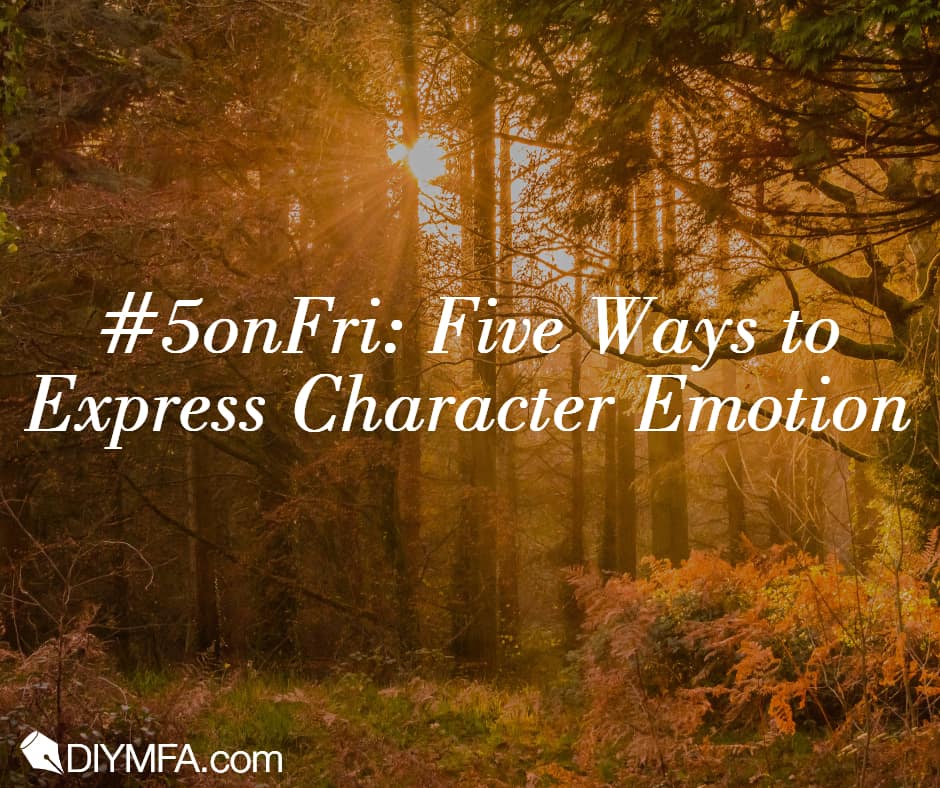Varieties of Omniscience

Using an omniscient narrator? It may help to be aware of these two dimensions, which account for the varieties of omniscient approaches.
Earning Story Events

Earning story events means paying attention to three types of context (deep, situational, and immediate) as well as giving the character time to arrive at a response.
To Filter or Not to Filter

What is filtering, what’s the rationale for avoiding it, and in what situations might you want to stick with it?
The Key to Epiphanies, Realizations, and Moments of Clarity

Writing epiphanies and realizations can be difficult; how can you make them feel earned and not contrived? Here, we examine the keys to successful realizations in storytelling.
How to Use Objects to Create More Powerful Stories

Objects are crucial to a story’s being unique and affecting. Here, we look at 5 ways to use objects to tighten up your story and make it more powerful.
Writing Character Emotion

Robert Olen Butler describes 5 ways the people express emotions. Writers can use these expressions to help build better character interiority. Here, his 5 expressions and an accompanying journal exercise.
The Pitfalls of Emotional Body Language in Your Writing

Physical expressions of emotion can be problematic, even though they’re justified by the “Show, don’t tell” mandate. But there are often better, more artful ways to give us insights into the interiority of your POV characters.
Narrating Deep or Shallow: The Spectrum of Psychic Distance

An expert writer of stories needs to have some mastery of psychic distance—the distance the narrator stands from a character’s emotions, thoughts, and perceptions. No matter what viewpoint or person or verb tense you’re using for your story, your narration will sometimes go very close to character perception and sometimes stay quite distant.
The Problem with “Show, Don’t Tell”

The old writing adage of “show, don’t tell” is good advice, but it can occasionally get writers in trouble. Good writers sometimes fall prey to hyperdetailing–giving excessive description without serving the story.
The True Source of Voice

Guides for voice usually focus on diction and syntax as the main avenues to achieving voice, and it’s certainly true that messing with diction and syntax will get you some unique voice. But the true source of strong voice comes from a different source.
